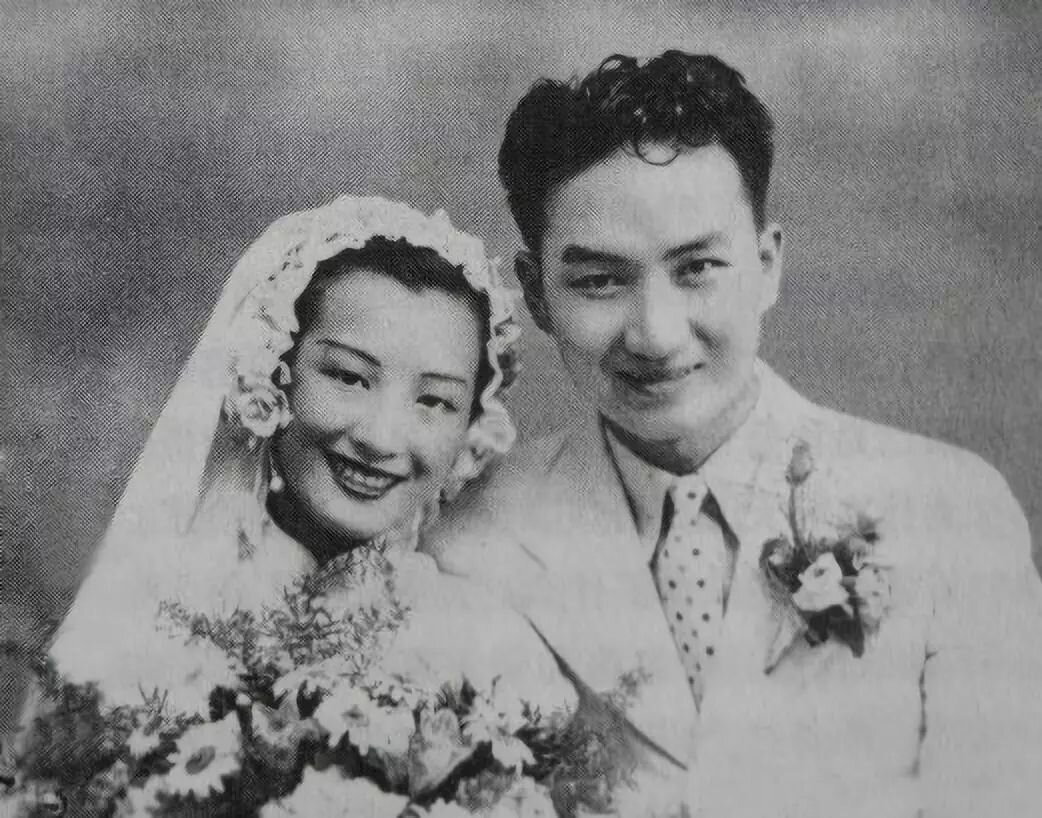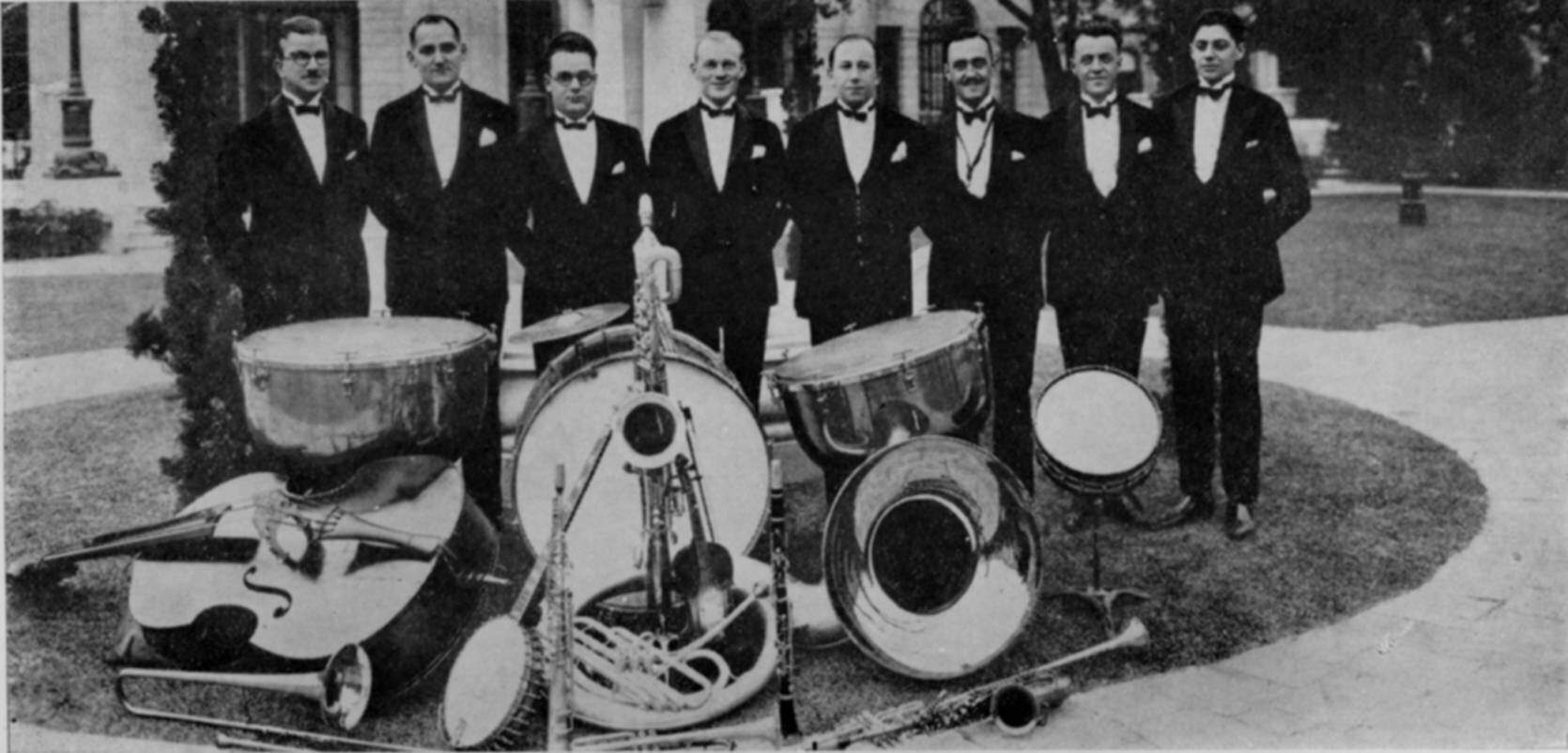Ep. 226 | The Seven Great Singing Stars of Shanghai (Part 1)
In this latest episode, Laszlo finally gets around to introducing The Seven Great Singing Stars of Shanghai whose performing skills on the silver screen and on 78 records provide us with a nostalgic glimpse of a long-gone and controversial era.
In this Part 1 episode, we will focus on the one who made it all possible, the talented Li Jinhui. Mr. Spun Counterguy from the “In the Corner Back By the Woodpile” podcast joins Laszlo to assist in telling this story.
Next time in Part 2 we’ll look at the first four of these Seven Great Singing Stars of the 1930s and 40s Shanghai.
Listen On Your Favorite Podcast Player
Terms in Episode
| Pinyin/Term | Chinese | English/Meaning |
|---|---|---|
| Bái Guāng | 白光 | 27 June 1921 – 27 August 1999, One of the Seven Great Singing Stars of 1930's-40's Shanghai |
| Bái Hóng | 白虹 | 1920–1992, One of the Seven Great Singing Stars of 1930's-40's Shanghai |
| Chén Dúxiù | 陈独秀 | 1879-1942, major figure in the Xinhai Revolution and May 4th Movement, CCP co-founder |
| Cài Yuánpéi | 蔡元培 | 1868-1940. Former Peking University president, founder of Academia Sinica, major figure of the New Culture Movement |
| Guāngxù | 光绪帝 | The second to last Qing Dynasty emperor. Reigned 1875-1908 |
| Gēwǔtuán | 歌舞团 | A song and dance ensemble |
| Gōng Qiūxiá | 龚秋霞 | The oldest of the Seven Great Singing Stars of 1930's-40's Shanghai. December 4, 1916 to September 7, 2004 |
| Huángsé Yīnyuè | 黄色音乐 | “Yellow Music” |
| Hú Shì | 胡适 | 1891-1962, Chinese philosopher, writer, diplomat and advicate of vernacular Chinese education |
| Húnán | 湖南 | province in south central China |
| Liúxíng Yīnyuè | 流行音乐 | Popular (pop) music |
| Lí Jǐnguāng | 黎锦光 | Younger brother and long-time collaborator of Li Jinhui |
| Lí Jǐnhuī | 黎锦晖 | 5 September 1891 – 15 February 1967, Called the Father of Chinese Popular Music |
| Lí Jǐnxī | 黎锦熙 | The eldest of the 8 Li Brother, renowned linguist, educator and the father of the Chinese phonetic alphabet |
| Lí Jǐnyáng | 黎錦揚 | C.Y. Lee, Chinese American author who, in 1957 wrote the novel “Flower Drum Song” |
| Lí Mínghuī | 黎明晖 | Daughter of Li Jinhui and one of the earliest Chinese pop singers |
| Lí Shì Bā Jùn | 黎氏八骏 | The 8 Brothers or 8 Stallions of the Lí Family |
| Lǎo Èr | 老二 | the 2nd brother (or sister) |
| Lǐ Dàzhāo | 李大钊 | CCP co-founder and librarian at Peking University and major figure in the New Culture Movement |
| Lǐ Xiānglán | 李香兰 | 12 February 1920 – 7 September 2014, One of the Seven Great Singing Stars of 1930's-40's Shanghai. Known in Japan as Yamaguchi Yoshiko |
| Máo Máo Yǔ | 毛毛雨 | First ever big pop hit, written by Li Jinhui and sung by his daughter Li Minghui |
| Míng Yuè Gēwǔtuán | 明月歌舞团 | Bright Moon Song and Dance Troupe |
| Pǔtōnghuà | 普通话 | Standard Chinese, Mandarin Chinese language |
| Qīdà Gēhòu | 七大歌后 | Seven Great Singing Queens |
| Qīdà Gēxīng | 七大歌星 | Seven Great Singing Stars |
| Shànghǎi Wénhuà Guǎngcháng | 上海文化广场 | Shanghai Cultural Square, former site of The Canidrome |
| Shídàiqǔ | 时代曲 | Literally: The songs of this age. The term used to describe the new pop music of 1940's China |
| Sòng Àilíng | 宋爱玲 | 1888-1973, oldest of the three Soong Sisters |
| Wú Yīngyīn | 吴莺音 | June 23, 1922 – December 17, 2009, One of the Seven Great Singing Stars of 1930's-40's Shanghai |
| Xiāng dialect | 湘语 | The dialect of the Hunan region |
| Xiāngtán | 湘潭 | City in Hunan. Home of Mao Zedong, Peng Dehuaio and Liu Shaoqi |
| yuántóu | 源头 | The fountainhead |
| Yáo Lì | 姚莉 | Born September 1922, also known as Nancy Yao Lee, One of the Seven Great Singing Stars of 1930's-40's Shanghai |
| Yè Lái Xiāng | 夜来香 | A Chinese name of a kind of flower, night blooming jasmine. The flower blooms at night. The lyric describes the beauty of the flower however it has another hidden meaning of missing a lady when nightfall. One of the greatest songs of the Shidaiqu Era |
| Zhōu Xuán | 周旋 | August 1, 1920 – September 22, 1957, One of the Seven Great Singing Stars of 1930's-40's Shanghai |















Laszlo and Scripps College professor of music Dr. Hao Huang discuss the stories of Jewish musicians from Germany and Austria who fled Europe and ended up in Shanghai.